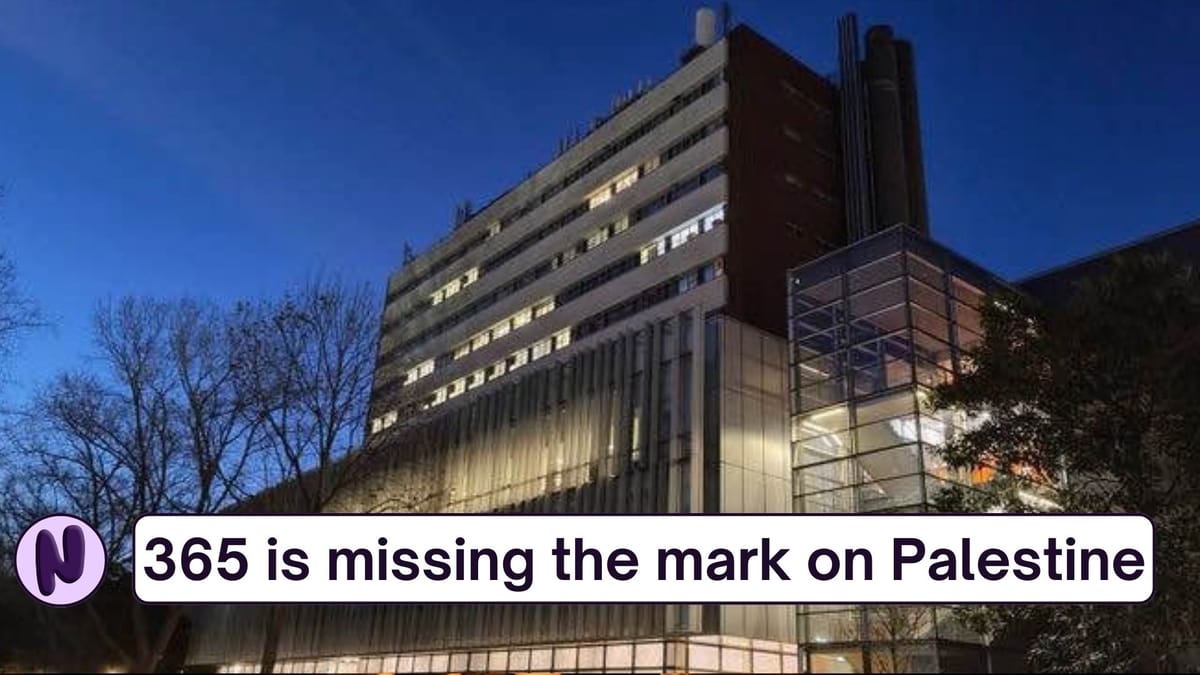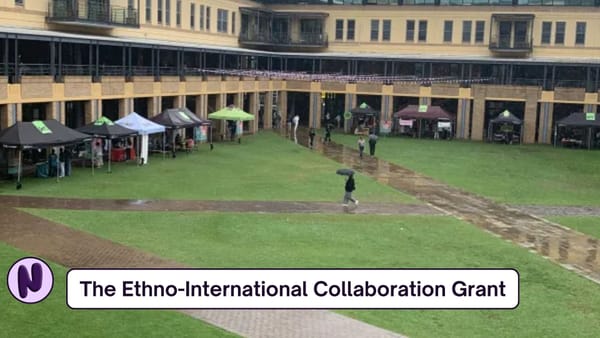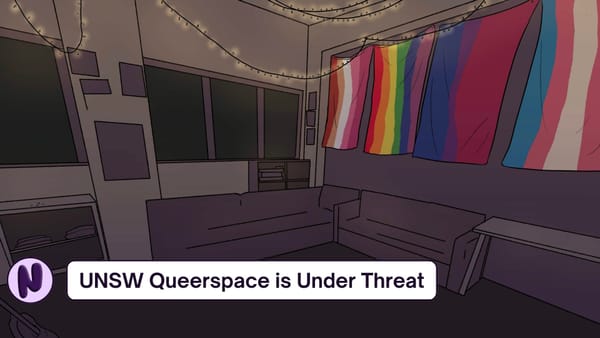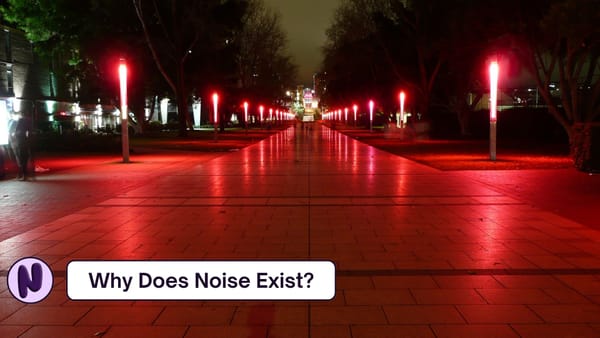365 is missing the mark on Palestine

Guest Author – Josh Chen
On 25th September 2024, UNSW Students for Palestine (SFP) convened an SGM at UNSW, amassing over 500 students, who overwhelmingly voted for UNSW to divest and cut partnerships with weapons companies, and to stand for a free Palestine. The next morning at 9:00 AM, 365 for SRC, a ticket in the upcoming UNSW SRC election released a statement via Instagram, announcing that they have called an Arc@UNSW EGM for Arc to divest from weapons manufacturers. While these two motions sound very similar, the difference lies in that this EGM is called using official Arc pathways, and as such any motions passed will be binding, but for Arc and Arc only.
This announcement, despite ostensibly sharing the same goals as the SGM, condemned it, calling it “non-binding, symbolic, and an ineffective use of available avenues for students to make a change.”
Putting down the largest pro-Palestine group on campus has caused a schism in the movement. The SGM, with over 500 students supporting Students for Palestine’s cause, is the largest turnout UNSW has seen in support for Palestine. It’s a sign to UNSW management that students do care about what their uni supports. UNSW has $2.973 million invested across a range of weapons companies including Lockheed Martin, Boeing and Northrop Grumman. UNSW also has many research contracts with these companies, helping them further develop weapons systems.
365’s EGM, if successful, would only target Arc’s investments, a corporation vastly smaller than UNSW. According to their 2023 Annual Report, they invest $1.246 million in an externally-managed fund, with no further documentation. UNSW’s $2.973 million invested in weapons companies accounts for 0.387% of their total long-term investment pools. If we take that percentage as an estimate and apply it to Arc’s investment, then we reach a figure of $4825.67 invested in weapons companies, magnitudes smaller than UNSW’s involvement. Nonetheless, it’s a worthy effort, especially since there’s a clear and defined pathway to its goal.
Both the SGM and EGM are fighting for UNSW and its constituents to divest from weapons manufacturers, in what could be a two-pronged approach. Instead, 365’s dig at SFP’s efforts are likely to demoralise and discourage rather than reinvigorate. To call the efforts of the 500 students who took the time to make their way to campus in support of Palestine “ineffective” is spitting in the face of their activism and is hardly encouragement for them to participate in future protests.
The timing and wording of their announcement - the morning after SFP’s meeting - make it patently clear that this is a political move by 365 against rival SRC ticket Left Action, whose members were among those who organised the SGM. This was unsurprisingly received poorly by SFP, whose members rallied in the comments section with dozens of condemnations of 365, many of which mischaracterised the EGM as itself in opposition to the goals of the SGM. This kind of response to criticism is similarly unproductive and only serves to burn bridges and cause personal conflict.
If the activists behind 365 were serious about ensuring the EGM motions pass, then they could have presented it in collaboration with existing pro-Palestine groups on campus. However, by associating the EGM with their SRC ticket, they have partisanised the issue and made it difficult for activists associated with other tickets to give their support. It remains to be seen whether 365 will be able to match SFP’s level of mobilisation and reach the required 200 attending members to validate the EGM.
The activist scene is no stranger to inter-factional fighting: the two largest socialist groups in Sydney, Socialist Alternative and Solidarity, have a longstanding feud. Students for Palestine and Students Against War, their respective Palestine-focused organisations, inherit that grudge. Even when protesting for Palestine, the two groups have scheduled protests at similar times to prevent attendees from participating in the other. At the student strike for Palestine this February, the two groups assembled separately at UNSW before both joining a larger body at Town Hall.
The University is more than happy to watch our internal squabbles while it profits from partnerships and investments in weapons of war. If we are to pressure UNSW to disclose and divest, we need to recognise our shared goals and present a united front.
365 declined Noise’s request for comment on the statements in this article.




